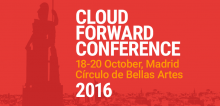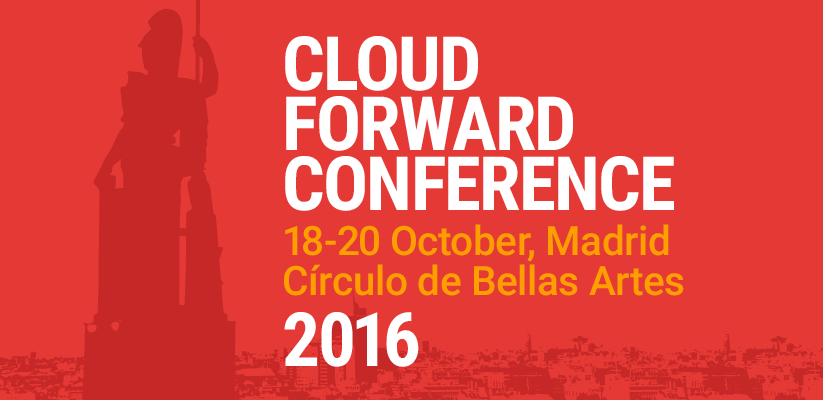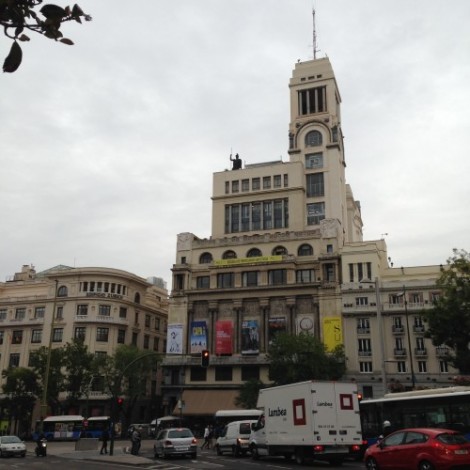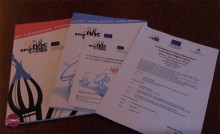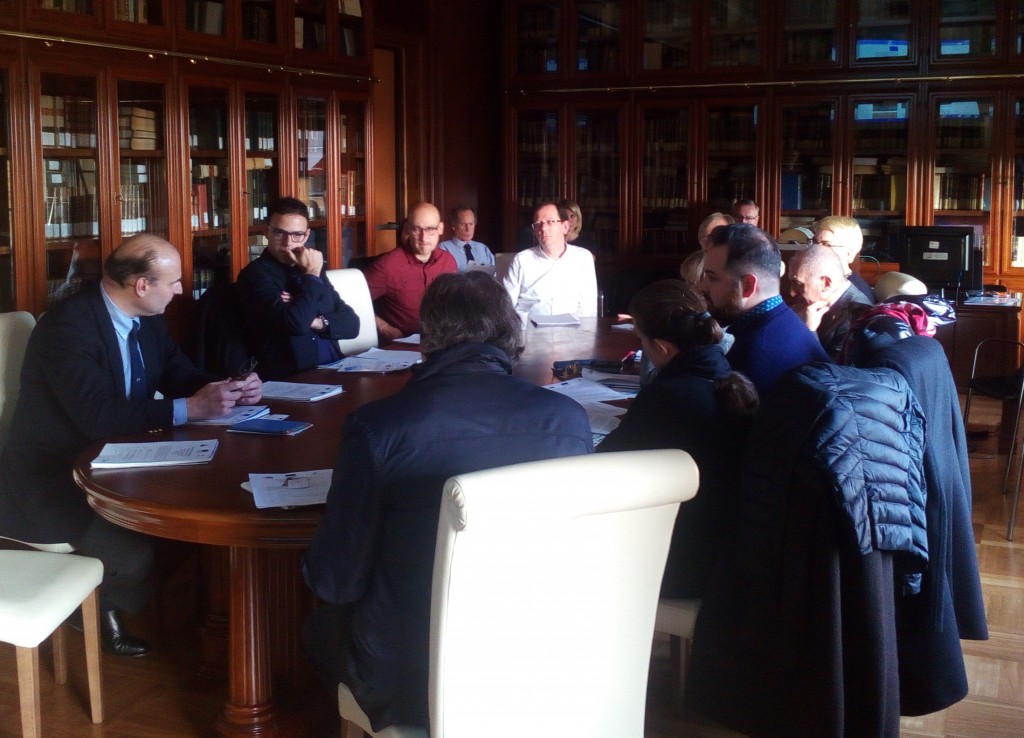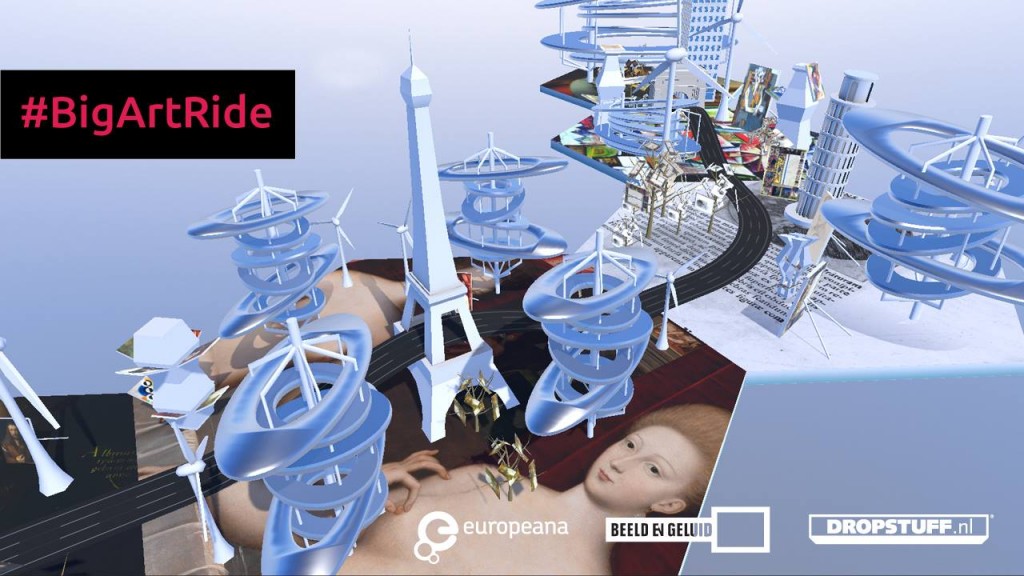
Appointments are:
21-23 April – Brussels & Amsterdam
27-30 April – Wroclaw & Amsterdam
06-08 May – Rome & Amsterdam
20-22 May – Prague & Amsterdam
25-28 May – Brussels & Amsterdam
30 May-1 June – Berlin & Amsterdam
9-11 June – London & Amsterdam
23-25 June – Paris & Amsterdam
and then the evnt moves to Slovakia!
Imagine racing through a city of both past and present, a city which is responsive to your every move, a city filled with amazing art, that is built before your eyes as you ride. A virtual city that reflects Europe’s heritage, its culture, its future. A cutting edge experience which allows you to (re)discover Europe’s most striking masterpieces alongside its most unique works of art, its fascinating cultural history in a digital world.
The event will invite participants to get on stationary bicycles equipped with virtual reality technology and immerse themselves in a spectacular journey through a city, experiencing centuries of Europe’s art which will take the shape of buildings, roads, trees and help build the city. Passers-by, in the meantime, will help or disrupt the cyclists by interacting with giant objects in public spaces.
Prince Constantijn from the Netherlands cycled at the Campus Party in Utrecht while MEP Mircea Diaconu cycled in Brussels. Attendance for both events were excellent. #BigArtRide gathers more and more momentum as the virtual cycling continues across Europe.
The event series are organised jointly by Europeana.eu, the Dutch design studio DROPSTUFF.nl, the Netherlands Institute for Sound and Vision Nederlands Instituut voor Beeld en Geluid and Embassies of the Kingdom of The Netherlands across Europe.
#BigArtRide brings art and people and innovation together across Europe to explore our shared cultural heritage in a fun way through virtual reality. It has been on a journey connecting people across cities in Europe since May. Thanks to Virtual Reality technology people in different countries can share a virtual bike ride, racing each other through virtual cities filled with artworks from across Europe.
The #BigArtRide tour celebrates the Dutch Presidency of the EU by building virtual bridges between people across Europe and is part of Europeana’s ‘280’ campaign to get people across Europe excited about our shared artistic heritage.
And now #BigArtRide is on the final leg of its journey, it arrives in Bratislava, Pribinova, 17 on 28th June 2016 and finishes on 30th June 2016. And at the same time the #BigArtRide will be in Amsterdam at Kattenburgerplein.
The Bratislava leg of #BigArtRide also celebrates the handover of the presidency of the European Union #EUPresidency from the Netherlands to Slovakia. June 30th is the last day of #BigArtRide and the last day of the Dutch Presidency.
#BigArtRide – Connecting Europe through Culture and Creativity from Europeana on Vimeo.


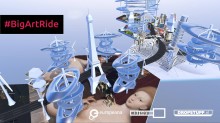
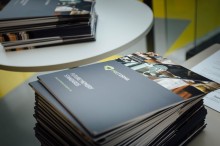
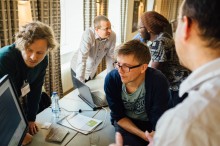
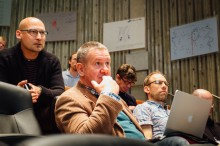
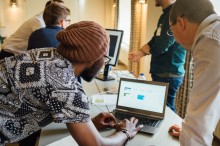
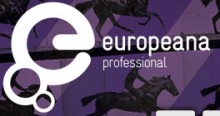
 PREFORMA will develop open source tools that double-check files being preserved long term and adhere to open standards. This will allow memory institutions full control over the process of conformity testing files which will be ingested into their collections – vital to resolving issues, such as non-conformity, that can arise from digitization to preservation, dramatically slow down workflow, and drain precious resources.
PREFORMA will develop open source tools that double-check files being preserved long term and adhere to open standards. This will allow memory institutions full control over the process of conformity testing files which will be ingested into their collections – vital to resolving issues, such as non-conformity, that can arise from digitization to preservation, dramatically slow down workflow, and drain precious resources.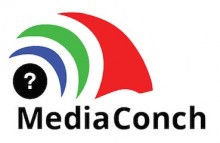
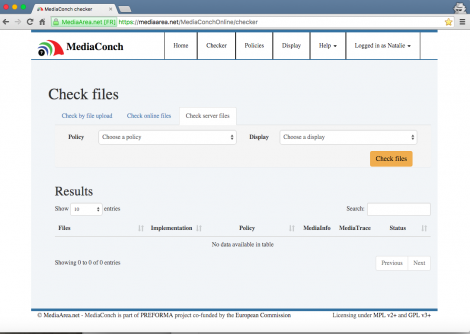
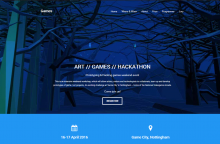
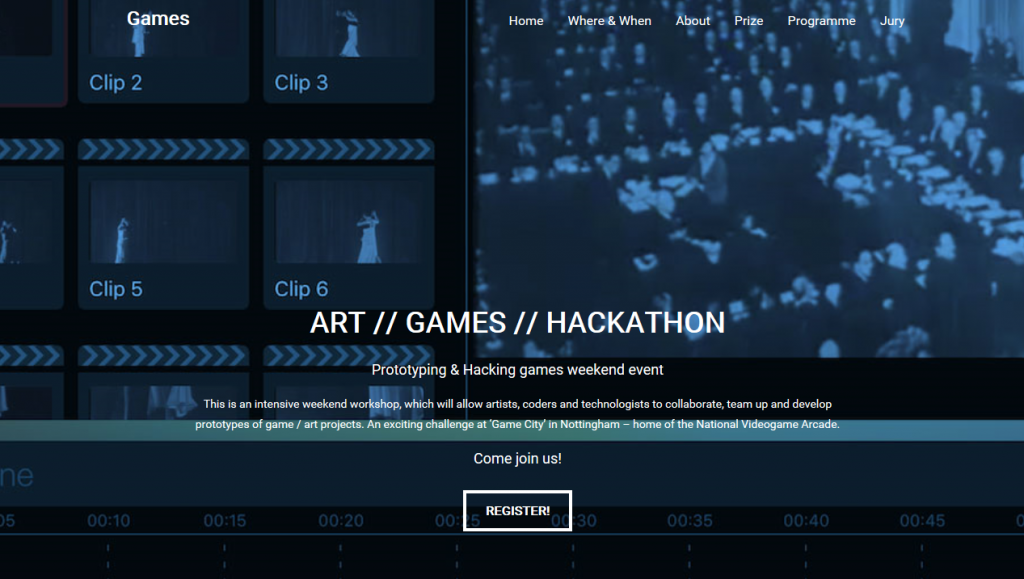
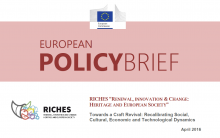
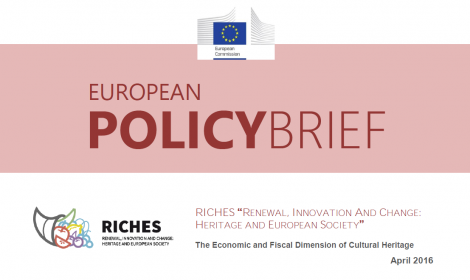
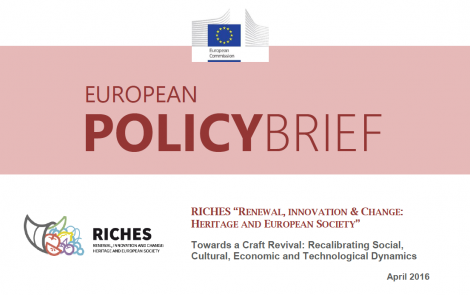
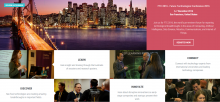
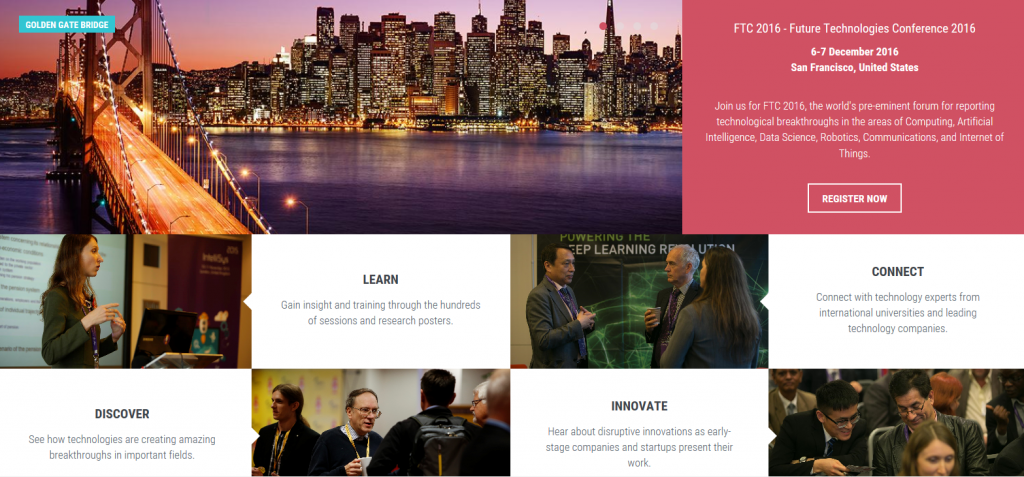
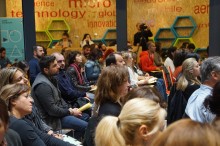
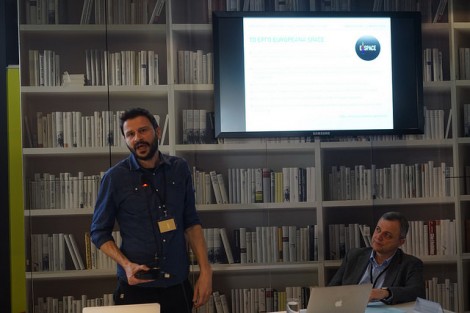 The workshop «Repurpose, Experience, Taste and Rethink Culture», was held on March 22, 2016 at INNOVATHENS, Technopolis, City of Athens. The workshop was organized by the National Technical University of Athens and with the support of PostScriptum. The main aim of the event was to generate new perspectives and facilitate the creative re-use of cultural heritage and associated metadata made available through online digital collections within a framework of creative experimentation and novel dialogue between multidisciplinary sectors, explore the potential of crowdsourcing as a means of promoting increased public participation in core tasks such as collecting, describing, categorizing, or curating heritage collections.
The workshop «Repurpose, Experience, Taste and Rethink Culture», was held on March 22, 2016 at INNOVATHENS, Technopolis, City of Athens. The workshop was organized by the National Technical University of Athens and with the support of PostScriptum. The main aim of the event was to generate new perspectives and facilitate the creative re-use of cultural heritage and associated metadata made available through online digital collections within a framework of creative experimentation and novel dialogue between multidisciplinary sectors, explore the potential of crowdsourcing as a means of promoting increased public participation in core tasks such as collecting, describing, categorizing, or curating heritage collections.






